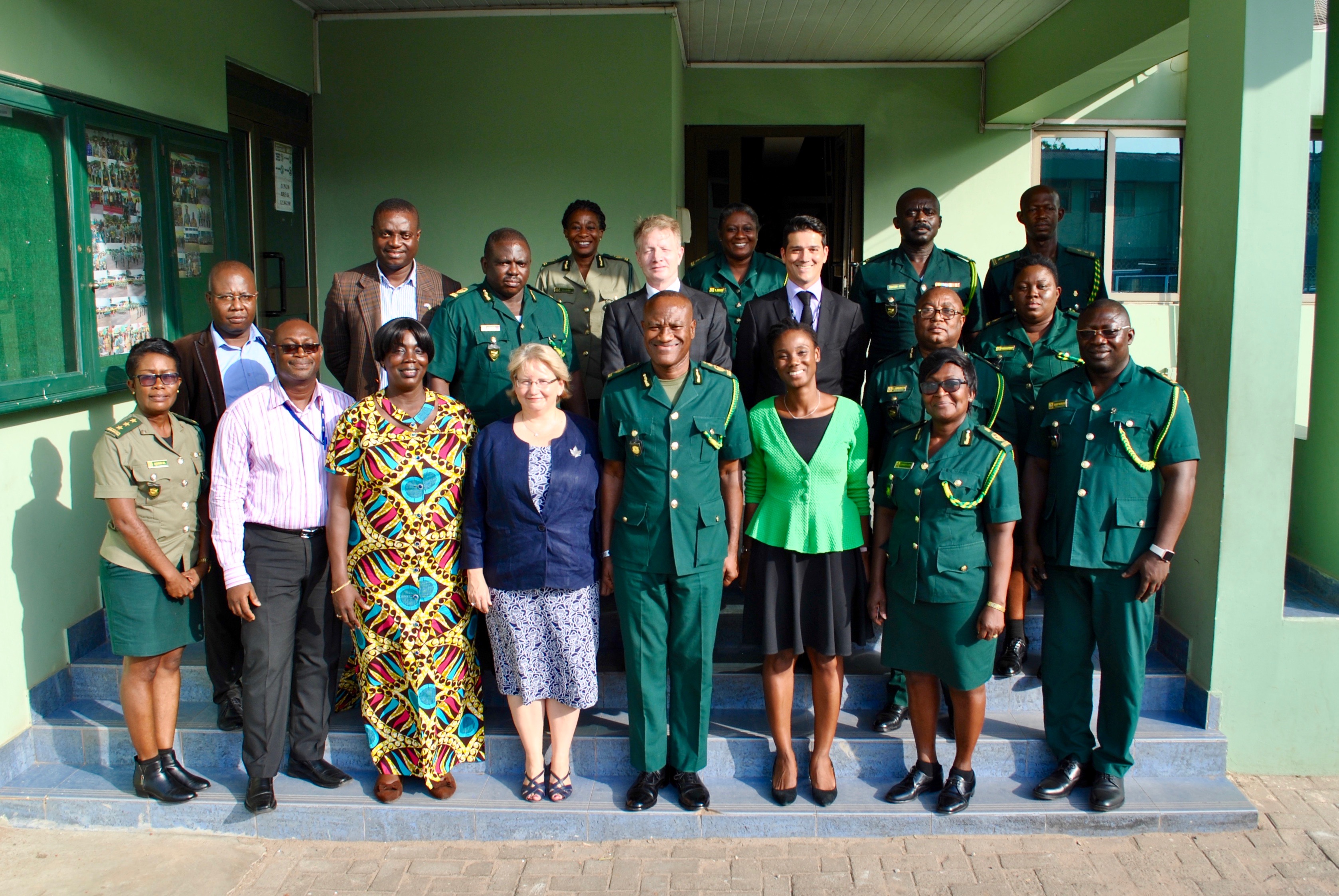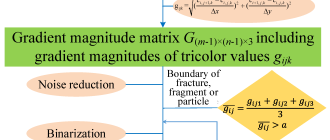Government To Establish Innovation And Research Commercialisation Centre At KNUST
Honourable Patricia Appiagyei, Member of Parliament for Asokwa and Minister of Environment, Science,Technologyand Innovation(MESTI), has said that government would launch theGhanaInnovation and Research Comercialisation Centre (GIRC Centre) which will serve as a linkage between research and industry in a few weeks time.
Honourable Patricia Appiagyei announced this at the opening of the maiden seminar series for females in first cycle institutions, organised by the College of Science of the Kwame Nkrumah University of Science and Technology(KNUST) in collaboration with funding from the DANIDA Fellowship Centre and the Danish Ministry of Foreign Affairs.
According to her, the Centre would help bridge the current gap between academia and the private sector to promote technology transfer and commercialisation of research outputs. The Centre, she said would also create strategic opportunities for investment into the latest technological advancement, as well incentives to support research and development by the private sector.
She lauded the efforts of KNUST for spearheading girl-childeducationand for helping to push to achieve the Sustainable Development Goals and encouraged the pupils to consider pursuing STEM based courses and careers in future.
Giving an overview of the event, Professor Ibok Oduro, Provost of the College, said there was the need for the seminar series for females in first cycle institutions, because science has been mystified and is generally perceived as the preserve of boys. This according to her has resulted in lack of interest by girls towards science-based courses and careers.
Professor Mrs. Oduro indicated that although there are equal prospects for all, many female students lack knowledge in scienceprogrammesrun in secondary and tertiary institutions to help them make informed choices. She noted that the few who are advised, are usually misguided thereby ending up in programmes not aligned with their academic interests or career objectives.
The seminar, she said, would therefore expose the girls to senior high school programmes, the various scientific disciplines in tertiary institutions and prospective career opportunities.
The Keynote Speaker for the occasion, Dr, Nana Ama Browne Klutse, Senior Research Scientist, said females form 51% ofGhana’s population, with more females in the basic schools, and many more reading programmes in the humanities but less than one thousand women in each tertiary institution pursuing the sciences.
Dr. Mrs. Browne Klutse said it is sad to note that less than five hundred (500) women pursue STEM programmes at the master’s level and less than one hundred (100) pursue PhD. She continued that though more females should have meant more power and dominance, it is pathetic to note that there are less women in leadership positions.
Dr. Mrs. Browne Klutse noted that stereotyping, lack of knowledge, unemployment, sickness, teenage pregnancy and lack of skills are some of the challenges that place limitation on women’s capabilities. The challenges she said could be mitigated through qualityeducation.
Using her personal life as an example, she said there are only four female physicists in her area of specialisation and indicated that It is hard to keep up and to catch up, so more female scientists are needed. She called for more efforts and strategies to develop interest in science at the basic and all levels of education.
Dr. Mrs. Browne Klutse said every country’s human resource is essential for national development, and added that Ghana must invest in female science education to spearhead national development.
The two-day event would see fifty (50) pupils enlightened in various science disciplines, careers by females in STEM. They would also embark on field trips and visits to laboratories and research centres at KNUST. Teachers of public junior high schools would also be empowered through coaching and mentorship programmes.





